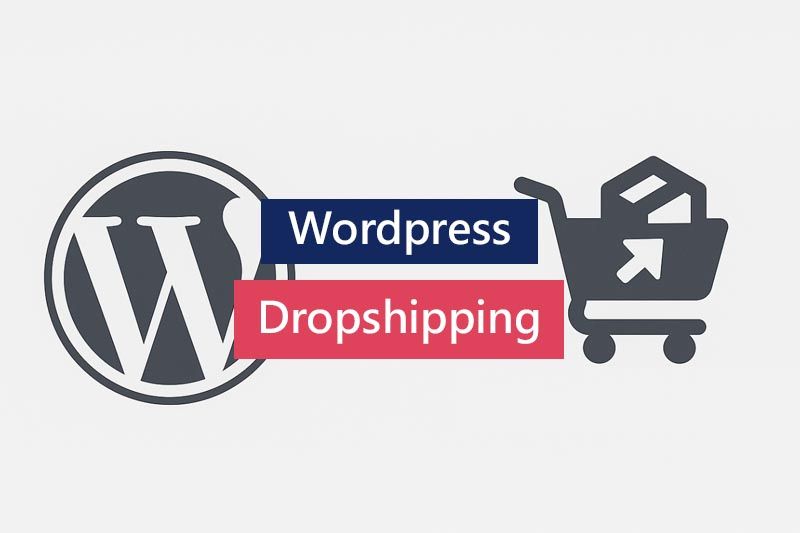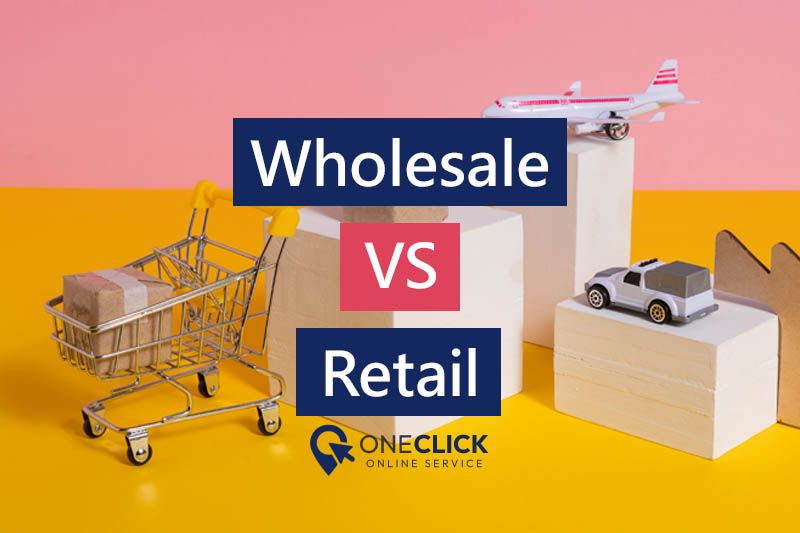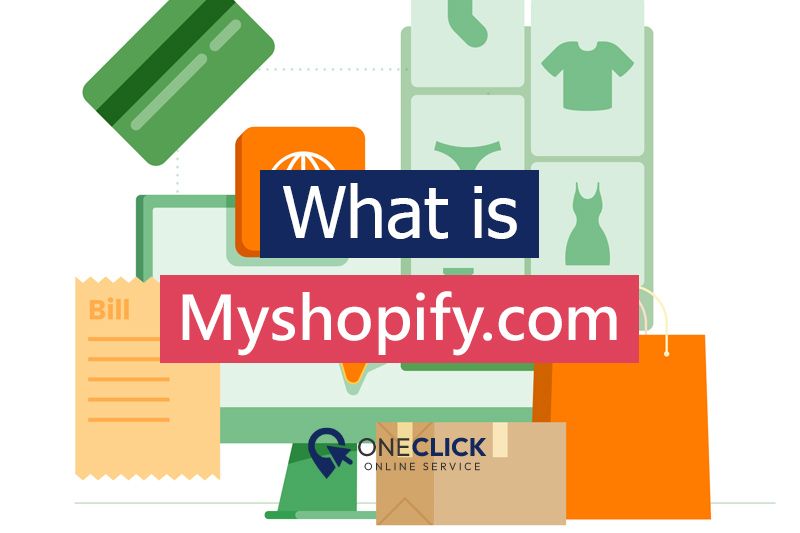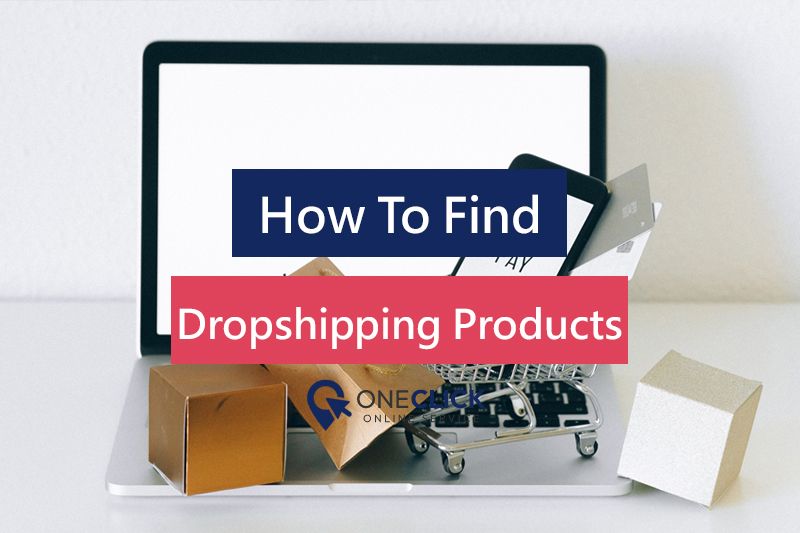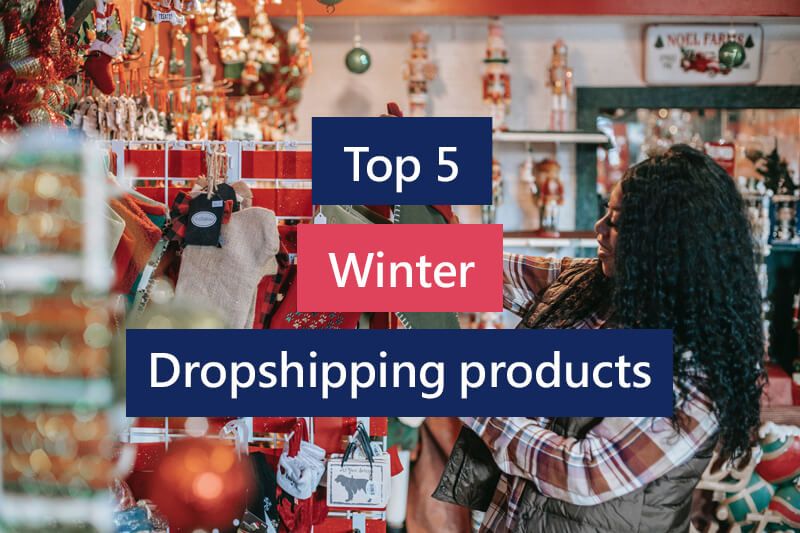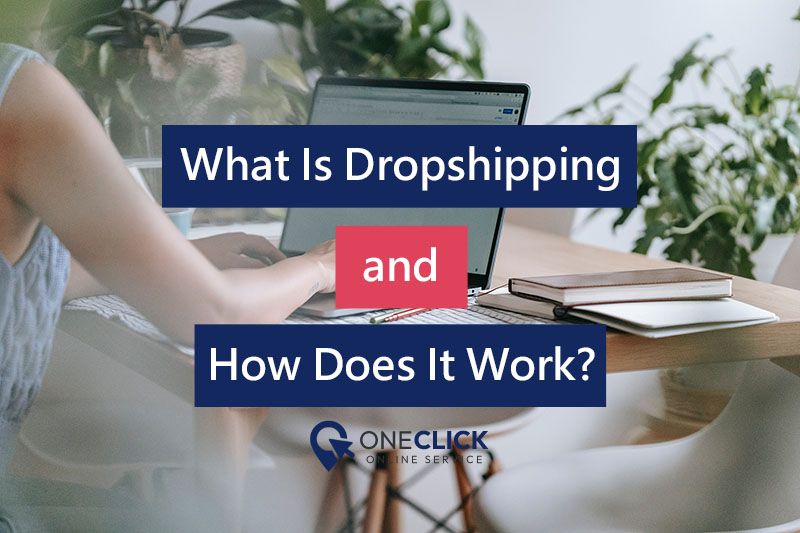EXW Incoterms: EX Works 2024 rule
When navigating the complexities of international trade, understanding the various Shipping Incoterms is essential. One of the most significant terms in this framework is EXW (Ex Works), which outlines critical responsibilities for both buyers and sellers. Grasping the implications of EXW can help businesses streamline their logistics and avoid potential pitfalls in the shipping process. To gain a comprehensive understanding of Shipping Incoterms, you can explore more in our dedicated article.
What is EXW Incoterms?
EXW, or Ex Works, is a commonly used Incoterm that establishes the responsibilities of the buyer and seller in a shipping agreement. Under EXW terms, the seller's obligation is minimal; they are only required to make the goods available at their premises or another specified location, such as a warehouse or factory.
The EXW meaning emphasizes that the buyer assumes most of the risk and responsibility for transportation from the moment the goods are made available. This includes loading the goods onto a vehicle, managing export customs clearance, and arranging the entire journey to the final destination. Consequently, the EXW Incoterm places significant control in the hands of the buyer, which can be advantageous for those familiar with international logistics but may pose challenges for others.
Understanding the nuances of EXW can empower businesses to make informed decisions regarding their shipping strategies and foster smoother international transactions.
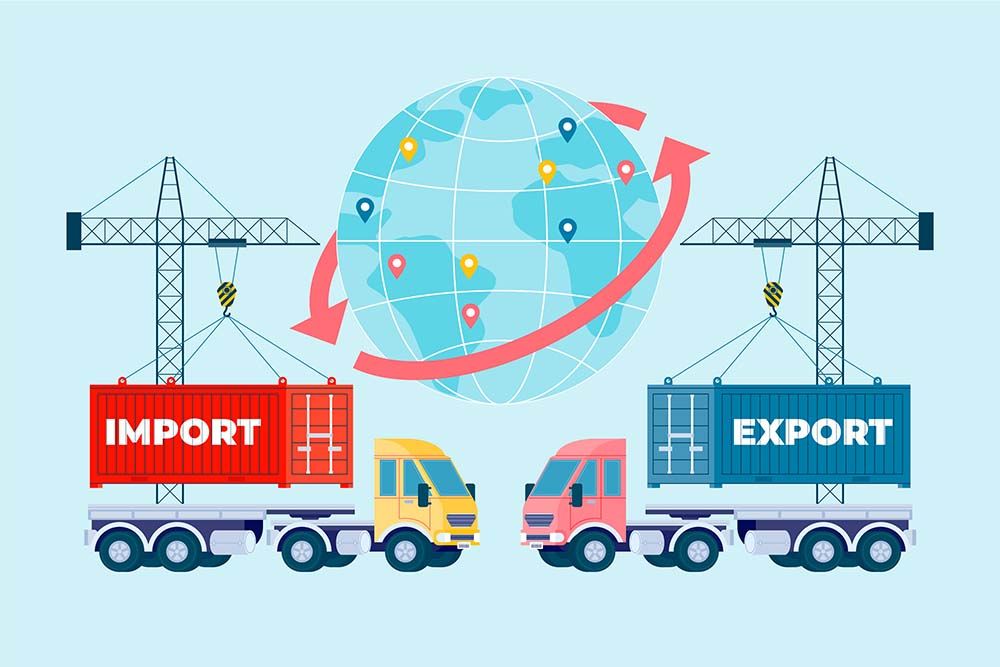
EXW Risk and Costs
Understanding the distribution of risk and costs under EXW (Ex Works) is crucial for both buyers and sellers in international trade. This Incoterm clearly delineates the responsibilities of each party, which can significantly impact the overall logistics process.
Seller is Responsible For:
Under EXW terms, the seller has limited responsibilities, which primarily include:
- Making Goods Available: The seller must ensure that the goods are ready for pickup at their premises or another agreed location.
- Packaging: While not explicitly required, the seller should package the goods appropriately for safe transportation, though the buyer typically bears the costs associated with further packaging for export.
- Export Documentation: The seller may need to provide necessary export documentation, but they are not responsible for clearing the goods for export.
- Basic Information: The seller must inform the buyer about the location and availability of the goods, ensuring smooth coordination for pickup.
Buyer is Responsible For:
The buyer, on the other hand, assumes a wide range of responsibilities and risks, including:
- Loading Costs: The buyer is responsible for the costs associated with loading the goods onto their chosen transport.
- Transportation: The buyer arranges and pays for all transportation costs from the seller's location to the final destination, including any intermediary transfers.
- Export Customs Clearance: The buyer must handle all export customs formalities, including obtaining any necessary permits or licenses.
- Insurance**: The buyer should consider purchasing insurance to cover potential loss or damage during transit, as they bear the risk once the goods are made available.
- Import Duties and Taxes: The buyer is responsible for any import duties, taxes, and fees applicable upon arrival at the destination country.
In summary, EXW places most of the logistical burden and associated risks on the buyer, while the seller's obligations are minimal, primarily focused on making the goods available.
When to Use EXW Incoterms?
When considering the use of EXW (Ex Works) Incoterms, it's essential to evaluate specific scenarios that make it a suitable choice for both buyers and sellers. Here are some key situations where EXW can be advantageous:
-
Dropship Arrangements In dropshipping, sellers may prefer EXW as it allows them to focus solely on production and inventory management. The buyer takes responsibility for shipping and logistics, enabling sellers to streamline their operations.
-
Buyer's Established Logistics Network: Buyers with a strong logistics infrastructure or partnerships can benefit from EXW. They have the expertise to manage transportation efficiently, ensuring control over costs and delivery timelines.
-
Cost Savings on Shipping: Buyers who can negotiate better shipping rates or have preferred carriers may find EXW advantageous. This allows them to leverage their connections to reduce overall shipping expenses.
-
Limited Seller Involvement: For sellers who prefer minimal engagement in logistics, EXW is ideal. It allows them to focus on manufacturing and preparing products while transferring the responsibility of transportation to the buyer.
-
Risk Management: Buyers experienced in international trade may choose EXW to maintain control over their logistics. They can select carriers and insurance options that align with their specific risk management strategies.
-
Time-Sensitive Deliveries: For buyers needing flexibility in shipping schedules, EXW allows them to coordinate transportation according to their timelines, independent of the seller's arrangements.
EXW Incoterms are particularly beneficial in dropshipping scenarios and for experienced buyers who are well-equipped to manage logistics. Clear communication between both parties is essential to ensure a smooth transaction and effective management of responsibilities.
Comparing EXW Against Other Incoterms
EXW is structured rather uniquely compared to all other shipping terms. Its minimal responsibility for sellers makes it an attractive option for some, but it also brings unique challenges.
EXW vs FOB
FOB (Free On Board) is another commonly used Incoterm where the seller is responsible for costs and risks until the goods are loaded onto the shipping vessel. This term provides greater clarity in responsibility compared to EXW, as it requires the seller to manage logistics to the port of shipment, including export customs clearance. While EXW places the onus of logistics entirely on the buyer, FOB offers a more balanced division of responsibilities, with the seller taking on more risk up to the loading point. Buyers using FOB have better protection, as they know the seller is accountable for the goods until they are safely on board, thus reducing potential complications.
EXW vs CIF
EXW (Ex Works) places the responsibility for transport, insurance, and all costs on the buyer once the goods are made available for pickup at the seller's location. In contrast, CIF (Cost, Insurance, and Freight) requires the seller to cover the cost of shipping, insurance, and freight until the goods reach the destination port, at which point the buyer assumes responsibility. Essentially, EXW shifts the bulk of responsibility to the buyer, while CIF provides more protection to the buyer by making the seller responsible for most logistics costs.
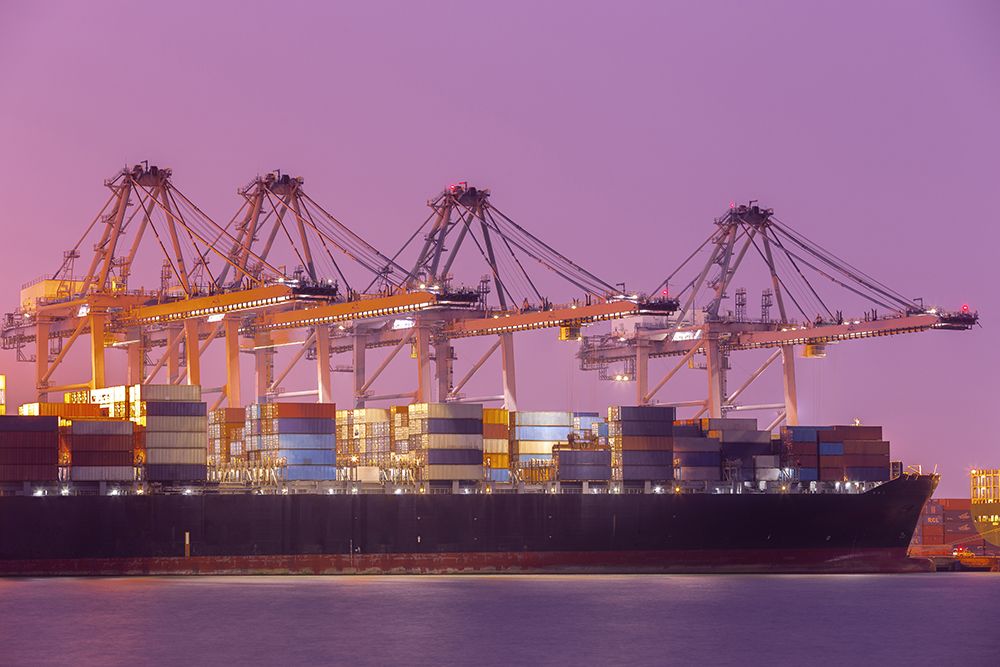
FAQs About EXW Incoterms
1. What does EXW stand for?
EXW stands for "Ex Works," which is an Incoterm that signifies the seller's responsibility ends when the goods are made available at their premises or another named place.
2. What are the seller's responsibilities under EXW?
Under EXW, the seller is responsible for making the goods available for pickup at their location. They do not have to load the goods onto any vehicle or clear them for export.
3. What are the buyer's responsibilities with EXW?
The buyer assumes all risks and costs associated with transporting the goods from the seller's location. This includes loading, transportation, export clearance, and any applicable import duties.
4. What Are the Negotiable Aspects of EXW Incoterms?
When negotiating EXW (Ex Works) Incoterms, several aspects can be discussed between the buyer and the seller:
- Pickup Location: The specific place where the goods will be made available for pickup can be negotiated.
- Timing of Availability: Buyers and sellers can agree on a timeframe for when the goods should be ready.
- Packaging Requirements: Buyers can specify how they want the goods packaged to ensure safe transport.
- Loading Responsibilities: While sellers are not obligated to load the goods, they may negotiate to assist with this to facilitate the buyer's logistics.
5. Which is Better, EXW or FOB?
The choice between EXW (Ex Works) and FOB (Free On Board) depends on the buyer’s control over shipping and handling costs. EXW offers sellers minimal responsibility as buyers manage all logistics and costs from the seller's location onward, ideal for experienced buyers with their own shipping networks. FOB, however, is better suited for buyers who prefer the seller to handle initial transport and loading up to the port, as it transfers risk once goods are on board.
6. Which is Better, EXW or DDP?
EXW and DDP (Delivered Duty Paid) sit on opposite ends of responsibility. EXW is ideal for buyers seeking full control over shipping, but for buyers unfamiliar with international logistics, DDP is often preferred. DDP requires the seller to handle nearly all responsibilities, including delivery and customs duties, making it better for buyers who prefer a “door-to-door” service.
7. Which is Better Between EXW and CIF?
EXW and CIF (Cost, Insurance, and Freight) differ greatly in cost-sharing. CIF is often more suitable for buyers who want the seller to arrange transport to the destination port, with freight and insurance covered. EXW, on the other hand, leaves shipping entirely to the buyer, ideal if they have established logistics capabilities and wish to manage shipping costs independently.
8. Can EXW be used for international shipping?
Yes, EXW is suitable for international shipping, but buyers should be well-versed in import/export regulations and logistics to ensure a smooth process.
9. How do I negotiate EXW terms with my supplier?
When negotiating EXW terms, clarify responsibilities, confirm the location for pickup, and ensure both parties understand the implications regarding risk and costs.
10. Where can I find more information on Incoterms?
For a comprehensive guide on Shipping Incoterms, you can visit Shipping Incoterms.
Proceed to request shipping and purchase the product
Whether you’re shipping by sea, air, or rail, Oneclick Online Service ensures your goods are handled with the utmost care and delivered on time. We provide tailored solutions to meet your specific needs, from cost-effective shipping options to real-time tracking and reliable customs clearance support.
Choose Oneclick Online Service to simplify your shipping process, reduce costs, and ensure a smooth journey for your products from China to any country. Ship smarter with us and focus on growing your business while we take care of the logistics.
Fill out a contact request, and we'll make sure your goods arrive safely and efficiently.



